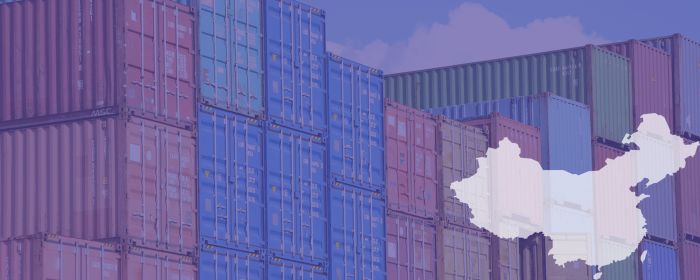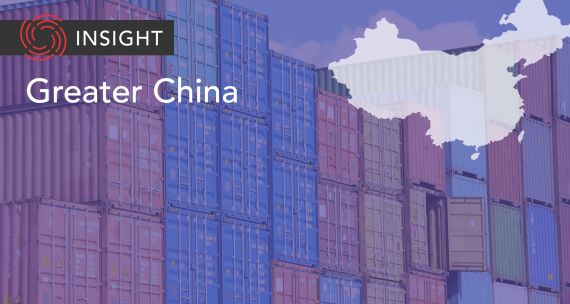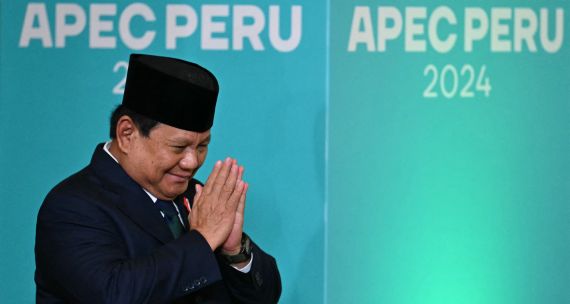The Takeaway
China recently put new bars on the imports of major seafood categories and iconic beverages from Taiwan. As cross-strait tensions rise, the mainland’s outsized economy means that it can deploy trade bans to influence Taiwanese politics and sway public opinion. Beijing can pick on symbolic or highly specific products to target its impact, while Taiwan further re-evaluates its economic relationship with mainland China amid unpredictable geopolitical tensions.
In Brief
According to a December 8 statement from Taiwan’s Council of Agriculture (COA), the General Administration of Customs of China has suddenly paused importing Taiwanese skipjack tuna, Pacific saury, squid, and fourfinger threadfin. On December 9, China, doubling down, halted imports of 11 Taiwan-produced alcoholic beverages, including Taiwan Beer and Kinmen Kaoliang. The Chinese customs agency cited Taiwanese producers’ apparent failure to file sufficient documentation as the reason for these suspensions. Taiwan's Mainland Affairs Council (MAC) said it “severely protests” measures that delay cross-strait trade without notice, while China’s Taiwan Affairs Office (TAO) called Taiwan’s criticisms of the bans “ridiculous,” arguing that the measures were not political. Taiwan’s Ministry of Economic Affairs says it will provide financing and professional training to seafood producers affected by the suspensions. The hope is that these producers will then sell to other international markets, while handling an inevitable price drop at home as a sudden influx of seafood floods the domestic market. The COA says that it is preparing to subsidize shipping costs to facilitate the export of Taiwanese seafood elsewhere. Legislator Jessica Chen Yu-jen, who represents Kinmen County in the Legislative Yuan, visited Xiamen on December 12 to negotiate the import ban placed on Kinmen Kaoliang — a pillar of her constituency’s economy. She also hopes to reach a deal with mainland counterparts to revive the "mini-three links," which are direct trade, postal, and transport services connecting Kinmen and Matsu islands with neighbouring Fujian province on the mainland.
Implications
China often takes a targeted and symbolism-driven approach to economic coercion in trade. This strategy is designed to minimize the impacts on its own economy, while sending a strong message to the counterpart’s government and public. Some of the products suspended seem to target specific demographics and locales in Taiwan. Fishers, for example, are a traditionally influential voting bloc in coastal parts of Taiwan like Pingtung. Beijing may hope to turn them towards the relatively China-friendly KMT by leaving Tsai Ing-wen's Democratic Progressive Party (DPP) administration in a cross-strait-relations bind. Cultural symbolism likely drove the decision to ban beverages like Taiwan Beer and Kinmen Kaoliang. Both brands are popular on the island and points of pride for Taiwanese, whose nationalism has inextricable ties to local cuisine. The Taiwanese public has a history of rallying behind local foods and beverages affected by Chinese import bans, mostly notably during China’s “pineapple ban” in early 2021 and when suspensions hit groupers in June 2022.
Some analysts note that the unpredictable trend of Chinese import bans, which escalated significantly after U.S. Speaker of the House Nancy Pelosi’s visit to Taiwan in August 2022, may encourage Taiwanese industries to “decouple” from China economically. Due to the sheer size of the mainland Chinese market and volume of cross-strait trade, Taiwan will likely maintain strong dependencies on China for trade in the foreseeable future despite geopolitical threats. However, Chinese economic coercion does make the urgency of diversification felt in Taipei and across Taiwanese businesses. Taiwan’s COA hopes to boost Pacific saury exports to Japan and South Korea due to the fish’s popularity in East Asian cuisines, while exploring Southeast Asian markets for squid and skipjack tuna.
What's Next
- Taiwan mulls a WTO case
Taiwanese officials are considering filing a complaint at the WTO, where both the PRC and Taiwan are members. It would be a complex and time-consuming process, during which China could use its own levers against Taiwan, but may benefit the island’s trade security in the future.
- China’s COVID-19 reopening drives trade
China is eager to revive its battered economy and dwindling domestic consumption as it makes a sudden pivot away from its zero-COVID policy. This may mean growth in international trade and imports, which could benefit Taiwanese companies with products bound for the mainland. However, with major outbreaks still raging and health care facilities beginning to become overwhelmed, it remains to be seen whether reopening will lead to the economic payoff Beijing hoped for and bring some recovery to cross-strait trade.
- Tsai administration faces tensions ahead of 2024 presidential election
Taiwan’s next presidential election is in January 2024. While Tsai Ing-wen will not be eligible for reelection, her party will be hoping to make gains after a disappointing local election result in 2022. Cross-strait issues will almost certainly become high-profile points of contention during the campaign, and the success with which the ruling DPP handles relations with China in 2023 will affect their fortunes at the voting booth.
• Produced by CAST’s Greater China team: Maya Liu (Program Manager); Tristan Li (Analyst); and Irene Zhang (Analyst).




